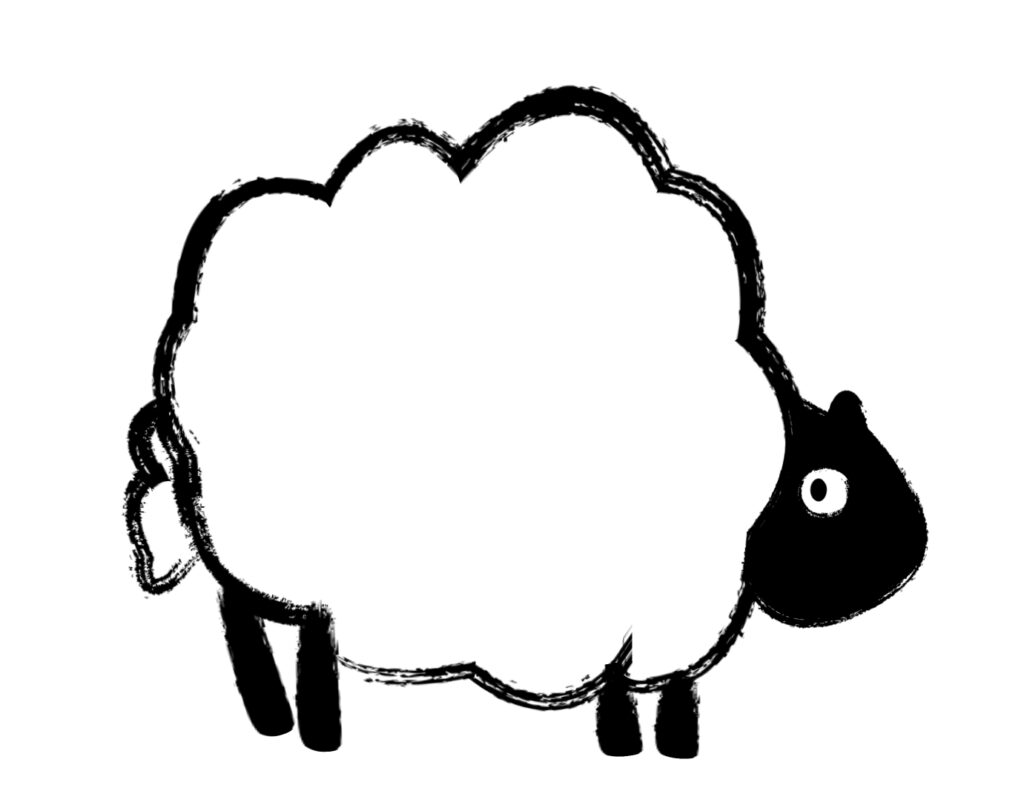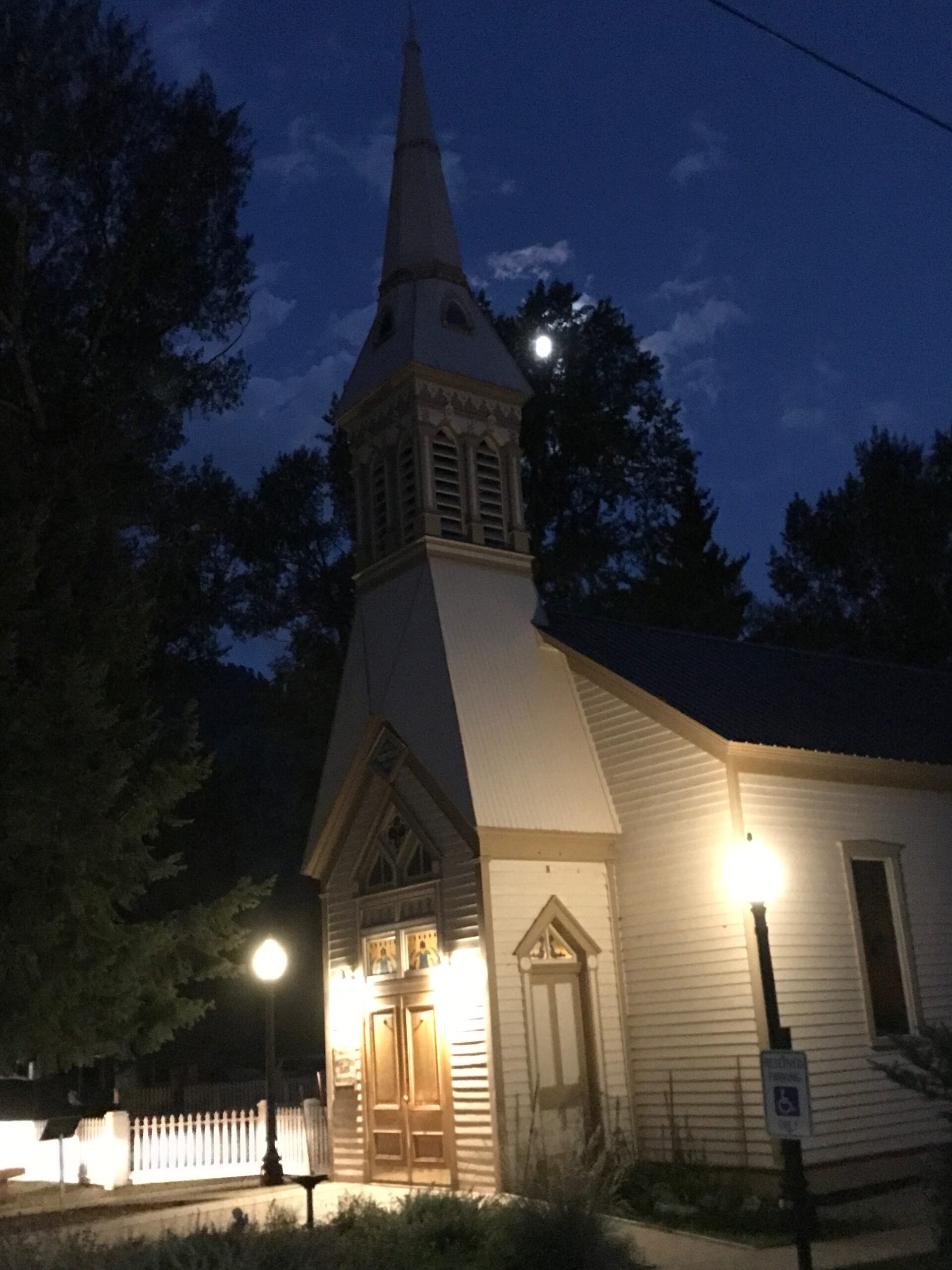
Luke 2:15-21
When the angels had left them and gone into heaven, the shepherds said to one another, “Let us go now to Bethlehem and see this thing that has taken place, which the Lord has made known to us.” So they went with haste and found Mary and Joseph and the child lying in the manger. When they saw this, they made known what had been told them about this child, and all who heard it were amazed at what the shepherds told them, and Mary treasured all these words and pondered them in her heart. The shepherds returned, glorifying and praising God for all they had heard and seen, just as it had been told them. When the eighth day came, it was time to circumcise the child, and he was called Jesus, the name given by the angel before he was conceived in the womb.
Reflection
This past week, my family and I were playing a new western themed board game called Western Legends. It’s a “sandbox” game, which means you can move your character around the board at your own leisure in order to do western type things a certain locations. For example, you can wrangle cattle, prospect for gold, play poker at the saloon, or rob the bank (if you’re so inclined). While we were playing, I was reading some of the text on the back of the card, which is meant to add a story element to the gaming experience. I casually noted that these little western themed paragraphs were “flavor text” for the game.
Shannon looked at me with a furrowed brow and asked what I meant. It was term that she hadn’t heard before that afternoon. I proceeded to explain that in the tabletops gaming world, when game designers and publishers include a narrative facet to a game that doesn’t actually have any bearing on the competitive or strategic aspects of the game, it’s often referred to as “flavor text.” In other words, text is added as “flavor” to the game. They make the gaming experience more interesting or flavorful for the players, but in the end, they don’t add anything mechanically substantial to the game itself.
Over the years, I’ve come to the perspective that when people read our passage today that they see it as flavor text. When you read the whole story of Jesus’ birth, we have strong main characters like Jesus and Mary. The center of the action is around their dilemma. Joseph and the inn keeper are the supporting cast, as you need both of them for the story to progress. The wise men or Magi (who shouldn’t be at the birth in the first place, due to the distance they would have travelled to get to Bethlehem) are kind of cameo characters who serve their role at the end of the story to validate it for a wider audience. They are important to the story line, but have an auxiliary role that when removed doesn’t distract from the main point.
Then there are the shepherds and their sheep. Aren’t they cute? We put them in the background of our nativity scenes with their sheep. They are often leaning on a staff and look like teenage boys. We lean our wobbly sheep figurines next to them for support, and that’s pretty much what they become–flavor text to support the larger scene of Jesus’ birth.
But they are so much more than that in this story. When we consider the humble nature of Christ’s birth and how it’s meant to represent the larger “upside-down” kingdom that Jesus brings into the world, the shepherds’ role in the story takes on a new meaning. They were the locals, who symbolize the common everyday folk that Jesus came to seek out. The shepherds weren’t important. They were laborers who worked for the flock owner and got stuck with the night shift. They didn’t have money, fame, or power. Both the shepherds and their flocks are symbols for the very people Jesus would minister to in about thirty years. In many ways, they are “us” in that story and their presence on the first night of Jesus’ earthly life is significant, because it means that “we” were represented in the story. We didn’t provide safe passage, housing, or honor the new born babe with gifts, but were not just flavor text. We were the ones who marveled, and continue to marvel to this day, at the miracle of God’s birth that night. And, just like the shepherds who, after seeing the Christ-child, went out and shared the news of his birth. In this holy season, how much more are we called to share of Christ’s birth to all those whom we encounter.
